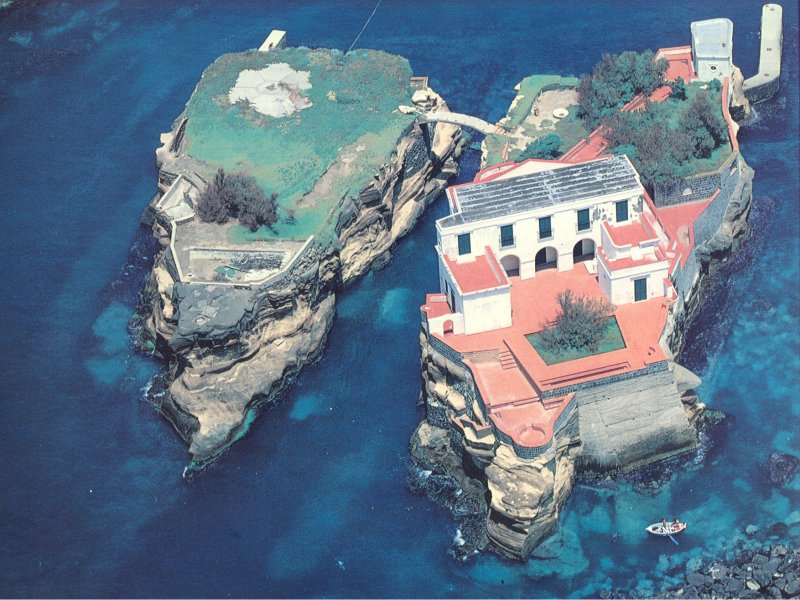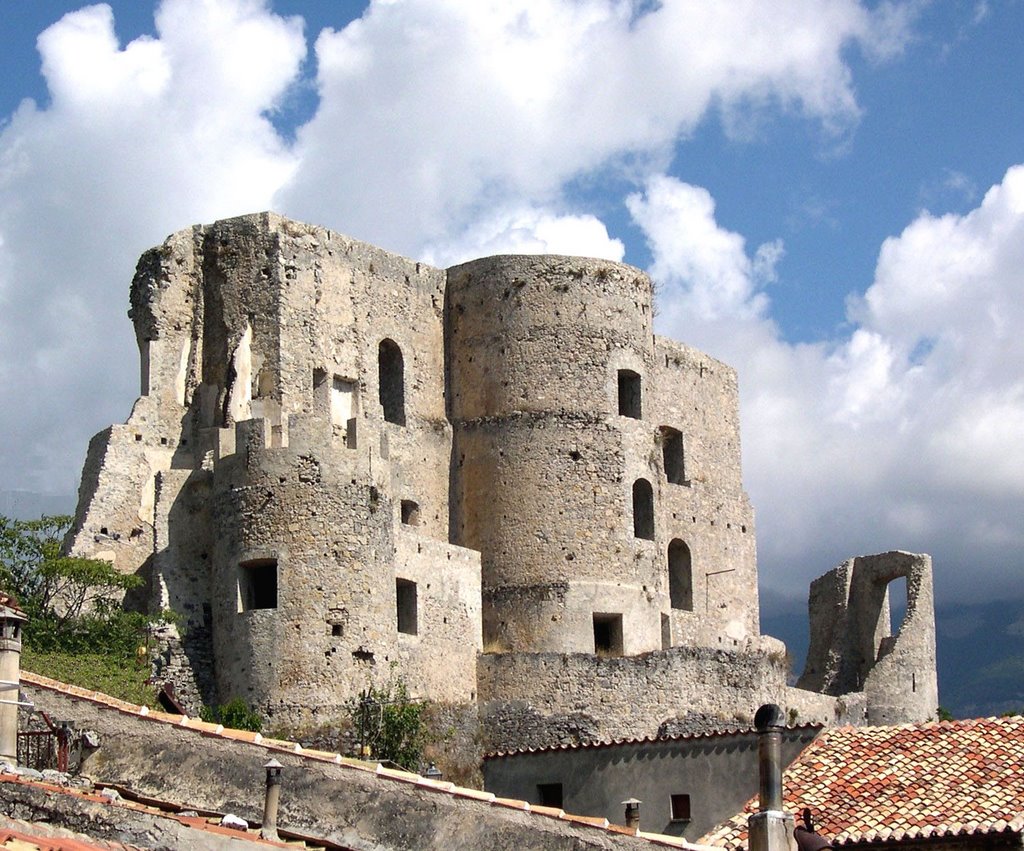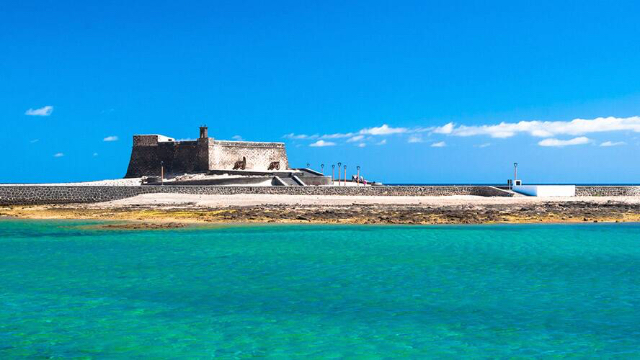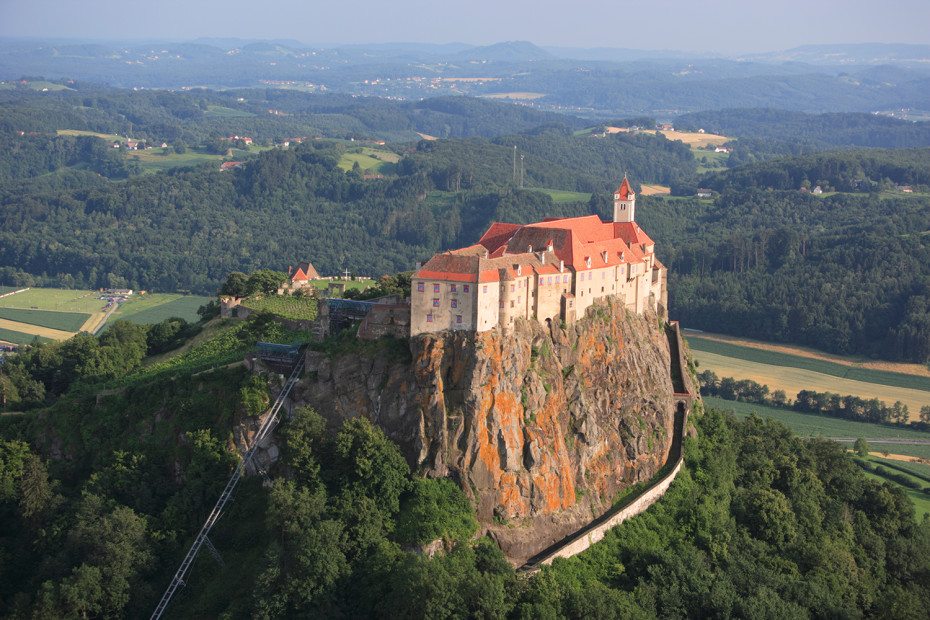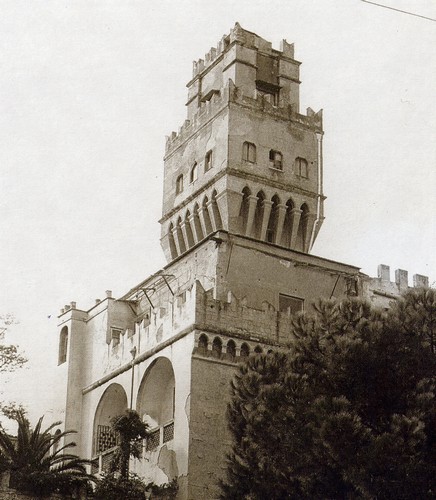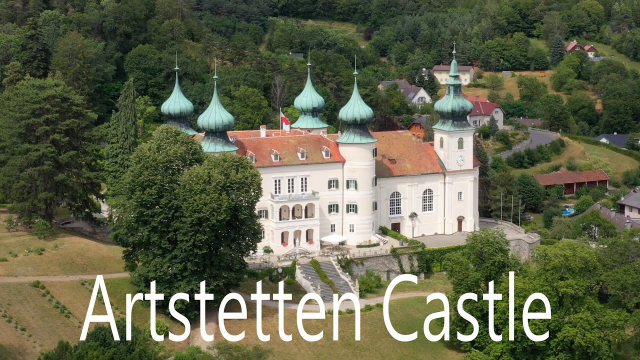It is located in front of Posillipo, at the center of the Gaiola Underwater Park, a protected area with an extension of about 42 hectares. The island is located in the immediate vicinity of the coast, only 30 meters away from the shoreline.
The island consists of two smaller islets, joined together by a bridge. The islets are only a few meters apart. They are about the same size. One of them appears to have always been uninhabited, while a house has been built on the second, which has actually been inhabited over the past hundred years. The island takes its name from the cavities that characterize the Posillipo coastline. The term "Caviola" has been transmuted into the name Gaiola.
In antiquity the island was called Euplea, in honor of Venus Euplea, patron deity of sailors. On it stood a temple dedicated to her, dating back to Roman times. At the base of the islets were found the remains of other structures that can be traced back to the same ancient civilization. Now the ruins have turned into the natural habitat of some sea creatures. The island is thought to have been home to the poet Virgil, to whom magical powers were attributed.
In the early 20th century, the island of Gaiola is said to have been inhabited by a hermit, known as "The Magician" or "The Sorcerer." The dwelling now on the island would have been home to the writer Norman Douglas, author of "Land of the Siren." The island might appear to be a perfect destination for relaxation, but local legends and traditions have it that Gaiola is cursed, due to the untimely deaths of those who once inhabited it.
The series of unfortunate events reportedly began around 1920, when the island’s owner at the time, one Hans Braun, was found murdered. Shortly thereafter, his wife died of drowning at sea. The next owner of the island, Otto Grunback, died of a heart attack while on it.
Subsequent owners died suddenly or committed suicide. Among them, we also find members of the Agnelli family. The last owner was reportedly arrested after his insurance company went bankrupt. Now, probably for superstitious reasons, the island is uninhabited and has no owner.
